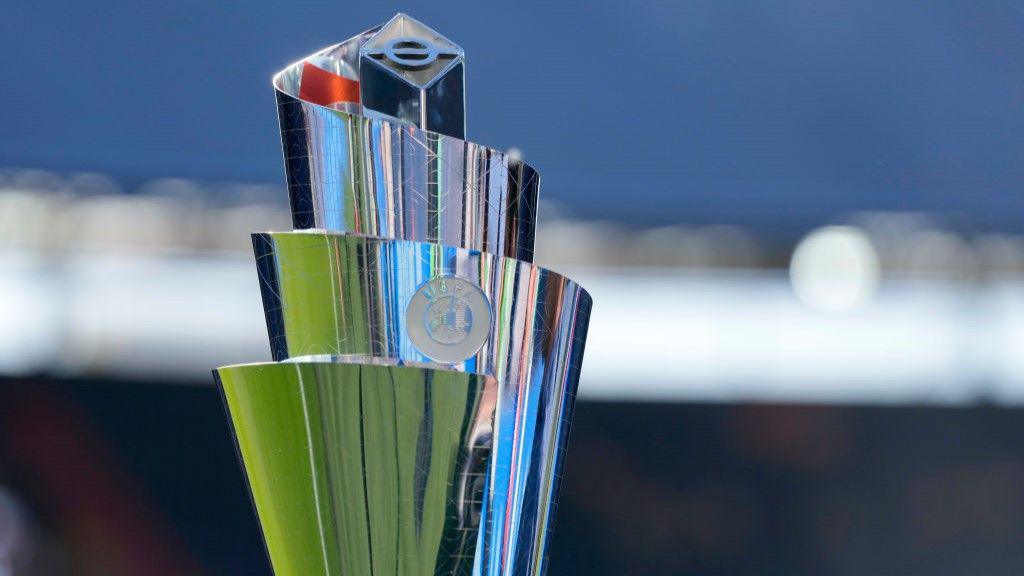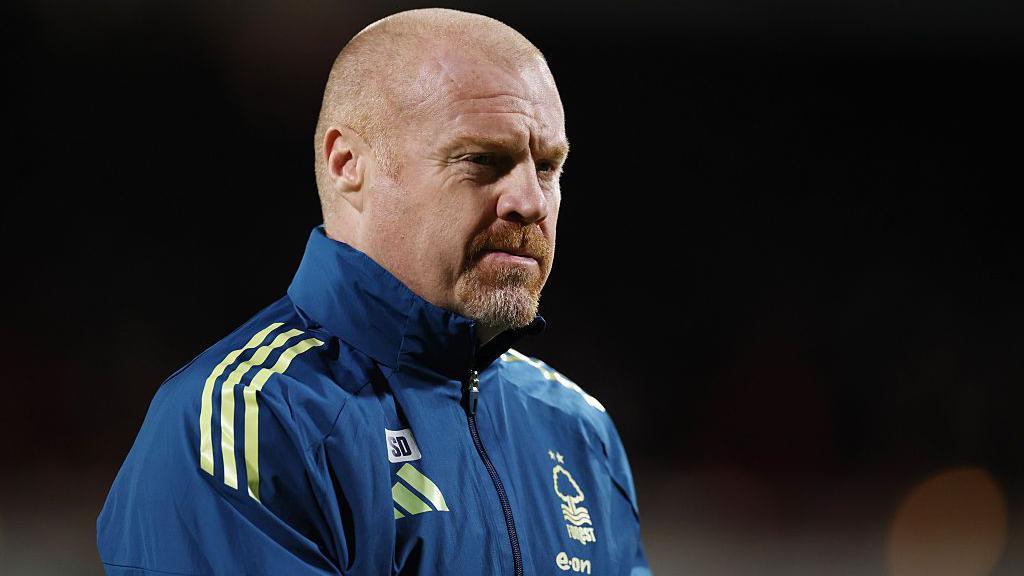
Our primary response must be one of deep empathy for the young woman who suffered a sexual assault by Dani Alves in a Barcelona nightclub on the last night of December 2022. The legal descriptions surrounding the verdict only intensify the horror of the situation: it was confirmed that violence was used to coerce the victim into sexual acts.
The trauma experienced by the victim, the egregiousness of the assault, and the subsequent challenges she has faced and will continue to face highlight the severity of the situation. However, Alves’s celebrity status introduces a complex layer of shock and feelings of betrayal due to the familiarity and admiration many feel towards public figures.
This situation forces us to reconsider how we view past performances of famous individuals, including Alves’s memorable moments with Barcelona. It becomes challenging to reconcile these iconic sports achievements with the actions he is now known for.
The Enduring Impact of Dani Alves’ Sentence
The legacy of Dani Alves extends beyond his four-and-a-half-year prison sentence, a verdict that his attorney plans to appeal. Alves was an integral figure in Pep Guardiola’s Barcelona team, renowned for his technical brilliance, dynamism, and distinctive approach to the game. Lionel Messi once hailed him as the world’s finest full-back, a testament to his exceptional skill on the field.
Yet, our connection with footballers is built on the performances we see and the personas we infer, not on true acquaintance. Football, in its essence, mirrors a grand drama where players are cast as heroes or villains, devoid of the complexity that defines real human character. This case has shocked many, as Alves, perceived by fans as one of the sport’s ‘good guys’, faces serious allegations.
Alves’ journey from a forward-thinking winger to a standout right-back underlines his footballing prowess. His father’s decision to shift him to right-back due to a lack of goals was pivotal. While there were doubts about his defensive skills, his role in a Barcelona squad that dominated possession made such concerns negligible. Alves was not just any right-back; he was the ideal player for a team that utilized his offensive surges to complement Messi’s genius, making him crucial for breaking down dense defenses.
Dani Alves: A Legacy Beyond Trophies
Dani Alves’ career is distinguished not only by an impressive collection of 43 trophies—including league titles in Spain, Italy, and France, three Champions Leagues, two Europa Leagues, numerous Brazilian regional awards, and two Copas América—but also by his vibrant approach to football and life. This tally positions him at the pinnacle of football’s most decorated players, closely rivaling or even surpassing Lionel Messi, depending on the criteria.
Alves was celebrated for his exuberant spirit and joyful approach to the game, often seen bringing musical instruments like drums or tambourines when disembarking the Brazil team bus, symbolizing his playful nature. His interviews highlighted his infectious energy and laughter, embodying what he called “good crazy” and earning comparisons to “a footballing Sonic the Hedgehog” by journalist Sid Lowe.
On the field, Alves was known for his bold, attacking play, competitive spirit, and popularity, despite some concerns about his influence on team morale during his second tenure at Barcelona. He represented the epitome of the modern attacking full-back, a lineage tracing back to Brazilian legends like Nílton Santos and Cafú, blending defensive duties with offensive prowess in an era that fully embraced such dual roles.
The Dual Facets of Dani Alves
The revelation about Dani Alves presents a stark contradiction to the image many fans held of him. It’s distressing to recognize that alongside the admired persona of Alves, there existed a darker aspect, as detailed in the court’s findings. This dichotomy challenges the notion, as expressed by Eduardo Galeano, that a player’s on-field behavior reflects their true character. While certain traits may indeed manifest through their play, such as courage, resilience, team spirit, or competitiveness, these are merely facets of a person’s public persona. The complexities of an individual’s character extend far beyond their professional achievements or the role they play on a field. The reality is, our understanding of athletes is limited to their public and professional lives, leaving us largely unaware of their personal lives and true natures.





















